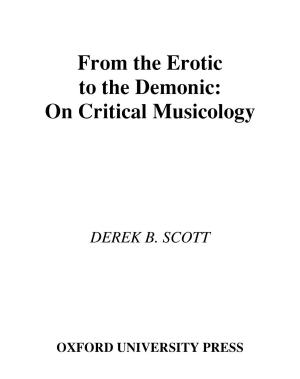The Oxford Handbook of Aquinas
Nonfiction, Religion & Spirituality, Philosophy, Medieval, Christianity, Church, Church History| Author: | ISBN: | 9780190208790 | |
| Publisher: | Oxford University Press | Publication: | January 25, 2012 |
| Imprint: | Oxford University Press | Language: | English |
| Author: | |
| ISBN: | 9780190208790 |
| Publisher: | Oxford University Press |
| Publication: | January 25, 2012 |
| Imprint: | Oxford University Press |
| Language: | English |
Thomas Aquinas (1224/6-1274) lived an active, demanding academic and ecclesiastical life that ended while he was still comparatively young. He nonetheless produced many works, varying in length from a few pages to a few volumes. The present book is an introduction to this influential author and a guide to his thought on almost all the major topics on which he wrote. The book begins with an account of Aquinas's life and works. The next section contains a series of essays that set Aquinas in his intellectual context. They focus on the philosophical sources that are likely to have influenced his thinking, the most prominent of which were certain Greek philosophers (chiefly Aristotle), Latin Christian writers (such as Augustine), and Jewish and Islamic authors (such as Maimonides and Avicenna). The subsequent sections of the book address topics that Aquinas himself discussed. These include metaphysics, the existence and nature of God, ethics and action theory, epistemology, philosophy of mind and human nature, the nature of language, and an array of theological topics, including Trinity, Incarnation, sacraments, resurrection, and the problem of evil, among others. These sections include more than thirty contributions on topics central to Aquinas's own worldview. The final sections of the volume address the development of Aquinas's thought and its historical influence. Any attempt to present the views of a philosopher in an earlier historical period that is meant to foster reflection on that thinker's views needs to be both historically faithful and also philosophically engaged. The present book combines both exposition and evaluation insofar as its contributors have space to engage in both. This Handbook is therefore meant to be useful to someone wanting to learn about Aquinas's philosophy and theology while also looking for help in philosophical interaction with it.
Thomas Aquinas (1224/6-1274) lived an active, demanding academic and ecclesiastical life that ended while he was still comparatively young. He nonetheless produced many works, varying in length from a few pages to a few volumes. The present book is an introduction to this influential author and a guide to his thought on almost all the major topics on which he wrote. The book begins with an account of Aquinas's life and works. The next section contains a series of essays that set Aquinas in his intellectual context. They focus on the philosophical sources that are likely to have influenced his thinking, the most prominent of which were certain Greek philosophers (chiefly Aristotle), Latin Christian writers (such as Augustine), and Jewish and Islamic authors (such as Maimonides and Avicenna). The subsequent sections of the book address topics that Aquinas himself discussed. These include metaphysics, the existence and nature of God, ethics and action theory, epistemology, philosophy of mind and human nature, the nature of language, and an array of theological topics, including Trinity, Incarnation, sacraments, resurrection, and the problem of evil, among others. These sections include more than thirty contributions on topics central to Aquinas's own worldview. The final sections of the volume address the development of Aquinas's thought and its historical influence. Any attempt to present the views of a philosopher in an earlier historical period that is meant to foster reflection on that thinker's views needs to be both historically faithful and also philosophically engaged. The present book combines both exposition and evaluation insofar as its contributors have space to engage in both. This Handbook is therefore meant to be useful to someone wanting to learn about Aquinas's philosophy and theology while also looking for help in philosophical interaction with it.















